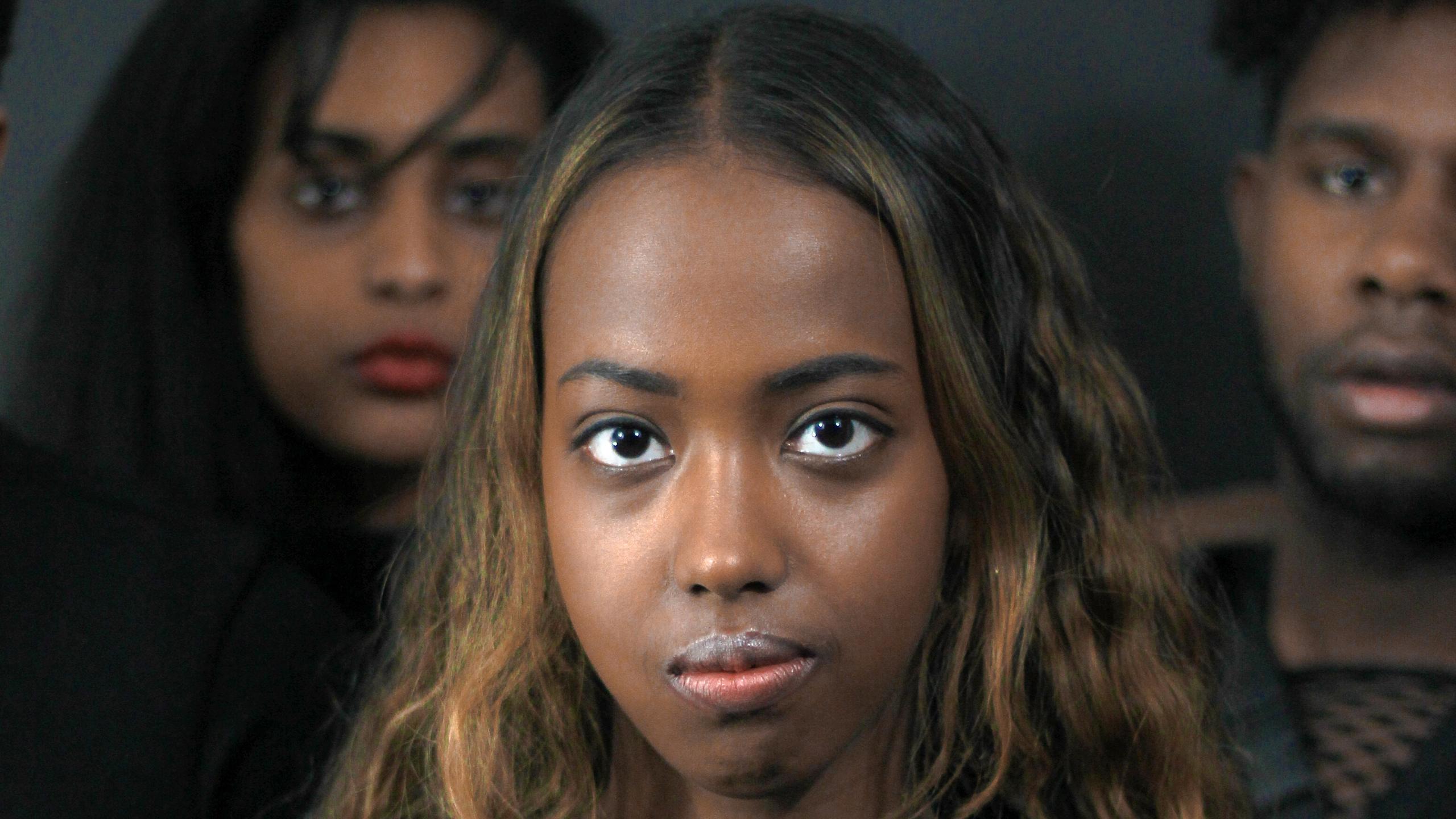By Libaan Osman
It’s 8:20 a.m. when I arrive at King station. I drop my two dollars and 10 cents in the collector’s jar and lower the music blaring through my ears— just in case the TTC inspector calls me back and asks me to prove that I’m a student.
It doesn’t happen often, but I anticipate every time they will and I’m not taking any chances. When the train doors swing open, I wait for everyone else to get on ahead of me. I’m not sure if that’s the mannerism I was taught, or if I’m used to taking what’s left for me after everyone else chooses first.
As I step on the train, it feels as if I’ve triggered an alarm at a clothing store, with eyes looking at me like they’ve never seen a Black man before. As per usual, people begin to stare from the moment I step onto the platform up until the moment I get off.
I tell myself to act natural, even though I did nothing wrong. We all have our complaints about the TTC—the annoying constant delays, or how ridiculously crowded it gets during rush hour. My concern with the TTC is different, and sadly, it’s not a fixable one. In my early days of high school, getting on the TTC wasn’t exactly a problem.
I was surrounded by friends and people I would call family. We did everything from
When all my friends graduated, I quickly learned how uncomfortable the TTC is for a Black man. It feels like you’re being watched. Every step you take, any sudden movement, all eyes are on you.
“If you’re gonna stare at me, I’m gonna stare at you too,” said Augustine Onuh, a second-year chemical engineering student. “We all paid two or three dollars to get on here, so I don’t deserve to be stared at and made uncomfortable.” This is an eerie feeling for Black folks on the TTC.
“I would rather be uncomfortable standing than be sitting and feeling physically uncomfortable because there are eyes on me”
Sarah Crowe
I remember witnessing people stare in my direction and then look away once I made eye contact. It makes you feel alienated as if you don’t belong here, and that you’re unwanted in someone else’s space. Stepping on the train, as a Black person, it feels like you need permission for every move you make.
“I would rather be uncomfortable standing than be sitting and feeling physically uncomfortable because there are eyes on me,” said Sarah Crowe, a fourth-year media production student. There’s always a need to keep to ourselves—that if we look one way or say one thing, a dangerous situation could unfold in a matter of seconds.
“I feel like with the officers, they actually expect you and want you to do stuff that will implicate you, they’re just waiting,” said Xavier Ajilore, a first-year business management student
The best way for me to avoid any potential confrontation is to leave my house super early in the morning, hopping on the subway when it’s empty, around 7:30 a.m. That way, I won’t have to be around a ton of people and I can ride in peace.
Last year, Reece Maxwell-Crawford was tackled to the ground and pinned by multiple TTC officers. He suffered from a concussion, dislocated shoulder, and back injuries. He’s someone I knew from high school and is now suing the TTC for racial profiling and assault allegedly without justification.
But nothing can rectify the toll it took on his mental health. Maxwell-Crawford was an athletic, funny, personable individual, but the incident changed his life. He dropped out of school and moved back in with his mom. The fact that common fears about the TTC within the Black community actually happened to him is heartbreaking.
Between 2009-17, the Toronto Star reported 128 complaints from the Human Rights Tribunal of Ontario were made against the TTC for discrimination due to race,
Thankfully, spoken word poetry gave me the ability to express my feelings in a way I never thought I could. Subway rides still aren’t the greatest experiences, but since I found an outlet, I feel one step closer to conquering the TTC.










Leave a Reply